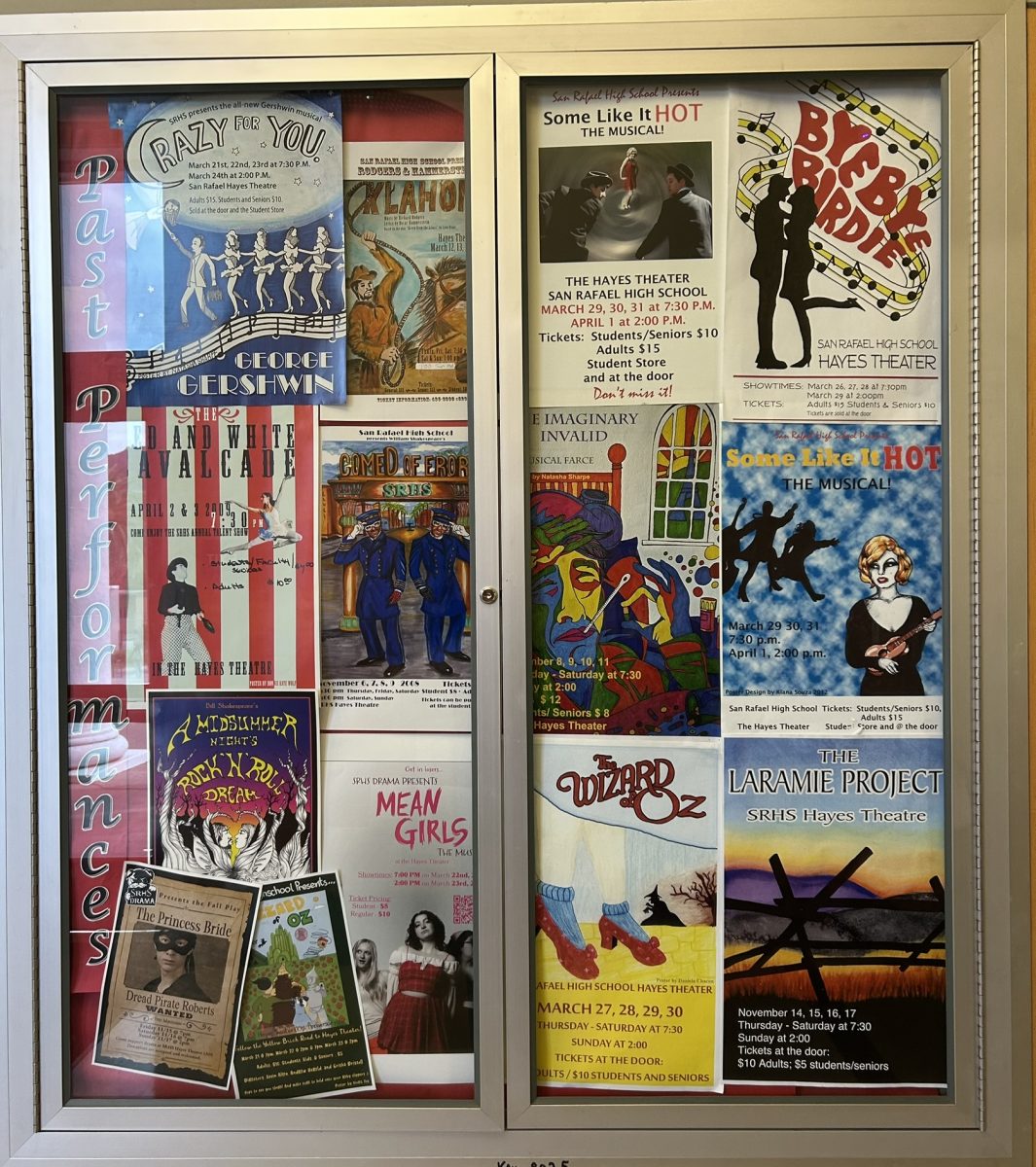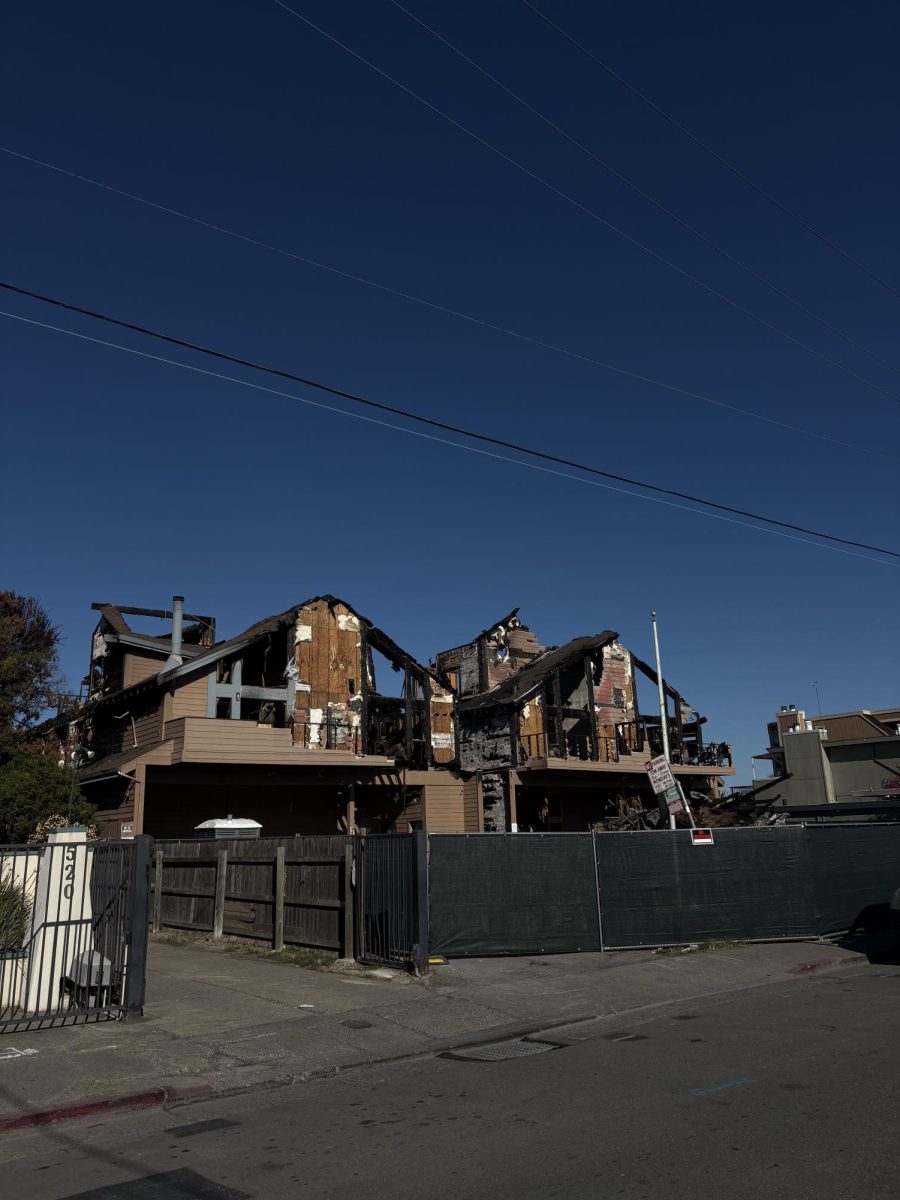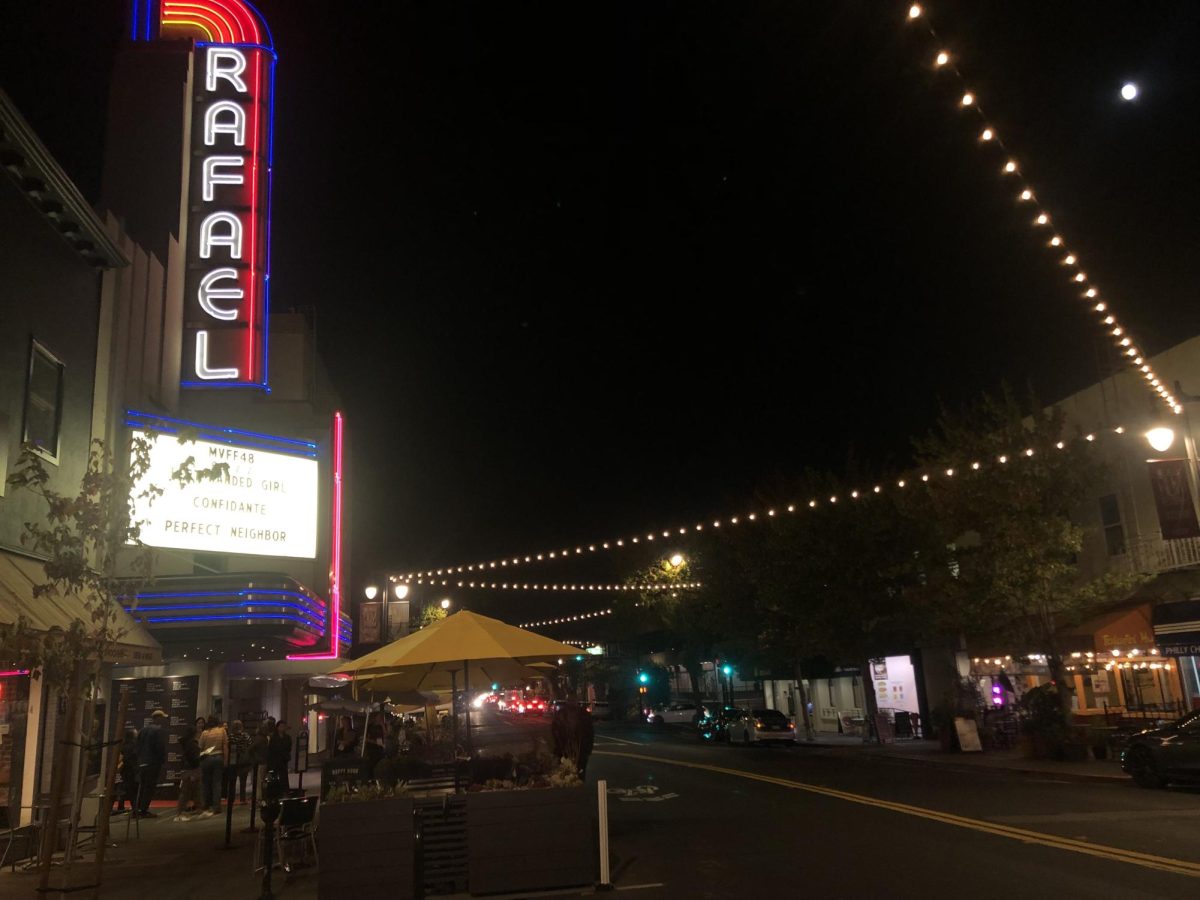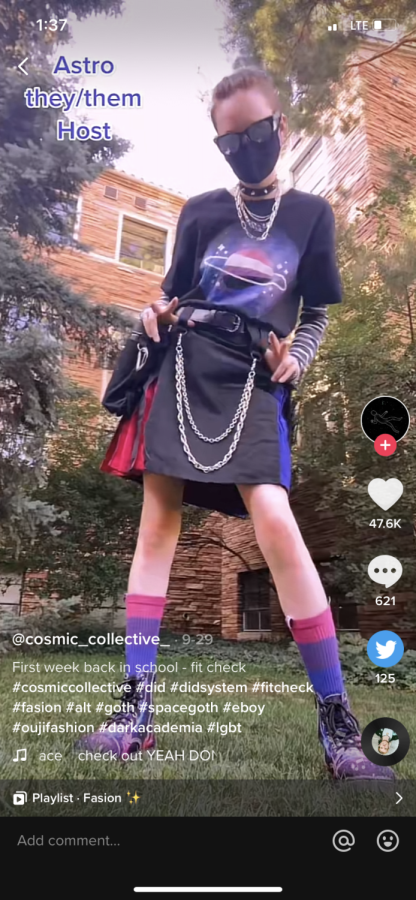Social Media Glamorizes Mental Illness (and Causes It)
January 5, 2022
Although the romanticization of mental illness is far from new in the age of teens who are exposed to social media, it seems to be especially prevalent in very recent years with the increasing popularity of TikTok.
From #sadboy Bart Simpson edits to jokes about how depressed and anxious you are because your mom yelled at you for vaping at the family reunion, being sad and messed up seems to be a brag amongst many teens and even younger kids. The one thing they all have in common? An addiction to social media. And I, for one, am beyond sick of seeing it in my feed everyday.
But what is it about mental illness that appeals to kids? Is it to evoke pity to get attention?
With the rise of this romanticization, eating disorders, self-harm, depression, anxiety disorders, and much more have exploded in commonality. But, how much of this is just for some kind of bizarre attention? In an article written by Gwen Farrell titled Faking Mental Illness Is The Newest Terrible TikTok Trend, she states that, “It’s about narcissism, and believing that pure deception is the best way to achieve fame, recognition, or attention, instead of being an authentic person. Not only does this trend reveal how thoroughly and detrimentally we’ve connected our perception of self with social media, but it fetishizes mental disorders and real issues that people struggle with.”
While everyone gets depressed and anxious at times, disorders are very serious and should not be thrown around. When the internet normalizes them to the point where they become a common joke or saying, it makes the word lose it’s severity.
“It’s hard to distinguish who’s actually struggling and who could be kind of faking it. It’s a deeply unhealthy mindset and it creates a kind of imposter syndrome culture for people dealing with mental illness. It’s dangerous,” says SRHS senior Ava Shawn.
For the people who don’t have a memory connected to the word anxiety attack (for example), imagine your brain convinces you that all of your insecurities are real, all of your loved ones secretly hate you, and the events of the past week weigh on you to the point where your mind and body collapse under the pressure. You’re ice-cold and can’t stop shaking; your heart feels like it’s going to burst out of your chest, your muscles tense up, bad memories are flowing through your head, and then you go online only to see someone making a TikTok about how one of their main personality traits is being too anxious to order a burrito at Chipotle.
If you’ve been regularly on the internet from 2014 to now, I’m sure that you’ve heard such phrases being thrown around such as; ‘Trauma makes you funny’, ‘I’m such an anxious bean’, or ‘I’m so depresso espresso’. And I mean these phrases were absolutely everywhere on Tumblr in 2016, which then, of course, resurfaced on TikTok in 2020 with this new generation of kid’s chronically online era. I mean oh my god. If you’ve ever dealt with real diagnosed mental health issues, these phrases should feel like a slap to the face. Why is this a ‘quirk’ to brag about? “I feel like social media is this toxic trash dump that we feel like we need to be a part of because everyone else is. You hate it but you can’t escape it,” says Ava Shawn.
In an article by Karim Medlej titled Mental Disorders: A Glamorous Attraction On Social Media?, the writer refers to a common Tumblr post that says “I am not good with people” and states that, “The hidden message is a declaration of social anxiety, which as shown has initiated near five thousand interactions promoting the post and therefore sending a positive feedback to the person who posted it, hence enhancing his or her statement as likable and desirable, further glamorizing the disorder.”
As these disorders become these kids’ personality traits that ties them to a community and becomes their center of humor, trying to heal and grow from their hardships is not even a thought that crosses their mind. Social media does not promote adversity as much as it does struggle. “I remember I had a friend in middle school who at the time was going through a rough time and was self harming, but she was slowly getting better through therapy and medication. Her boyfriend ended up making her relapse because he liked that helplessly depressed part of her. He romanticized it, encouraged it, and fell in love with it,” recalls a student who chose to remain anonymous.
Social media has become a dangerous platform for distorted views to make their way on the front pages for all to see, including young and impressionable kids, and insecure teens. This has impacted this generation’s culture, perception, and language in how we interpret very real mental health issues. My hope is that as we mature we see that this is not the ideal way we should see ourselves and others.







































Lee Ohm • Jan 22, 2023 at 9:38 pm
No doubt that nutjobs, foreign intelligence agencies, and theistic satanists and/or misotheist atheists are somewhat allied by pushing the same poison, whether they realise it or not.